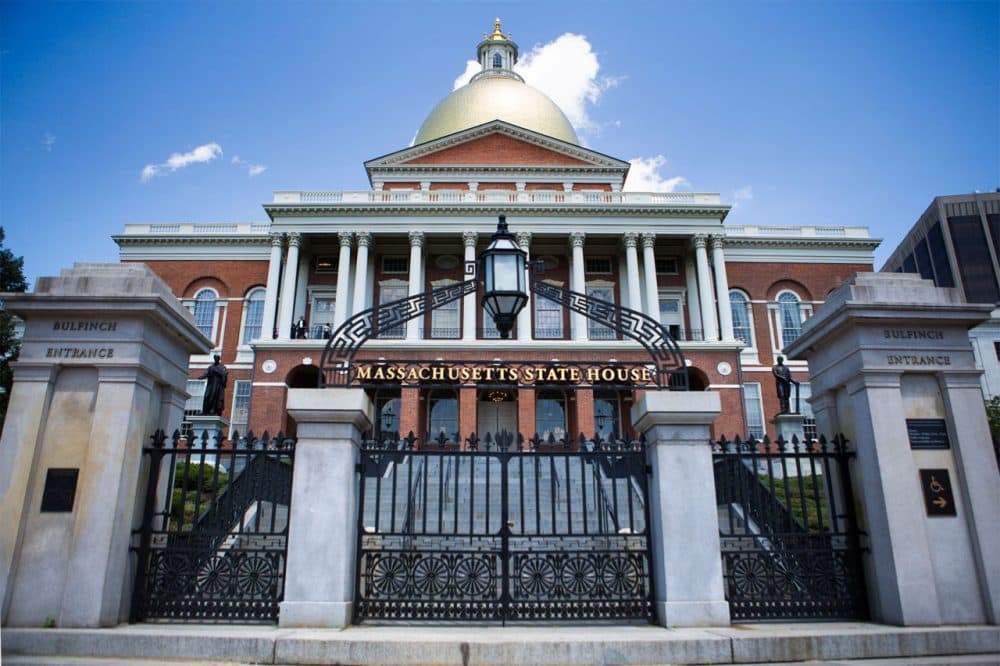Advertisement
Committee OKs Bill Overhauling State Public Records Law

A bill aimed at overhauling the state's public records law has cleared a key hurdle, bringing it one step closer to Gov. Charlie Baker's desk.
The bill would require public records requests to be completed in 10 days. If the agency or municipality can't comply, the person in charge of producing the records must explain the reasons for the delay. A one-time extension could be granted.
The bill also would limit how much an agency or municipality could charge to provide the records.
A six-member conference committee approved a compromise version of the legislation Wednesday. The next step is for both chambers to vote on the bill. The conference committee was charged with coming up with a compromise version of separate House and Senate bills.
Under the proposal, agencies could charge no more than 5 cents for standard black-and-white copies and could not charge for the first four hours of employee time to fulfill the request.
After four hours, the fee would be at a rate of the lowest paid employee who has the skills needed to fulfill the request, but not more than $25 per hour.
Open records advocates said the bill is long overdue.
"We were coming from dead last pretty much and we've come about as far as I think it is reasonable to expect," said Common Cause Massachusetts Executive Director Pam Wilmot, who pushed for the changes. "We just haven't touched this subject substantively in 40 years, so we've got a lot of catching up to do."
Critics include city and town officials, who fear records requests would overrun their offices if the legislation is approved.
"We do have some significant concerns regarding the day-to-day impact on communities in terms of how localities would be able to navigate the process and ensure that they could be reimbursed for their actual costs," said Geoff Beckwith, executive director of the Massachusetts Municipal Association.
The bill also would let courts award attorney's fees and other costs if a person seeking records goes to court and wins.
Advertisement
The Senate version of the bill would have required the fees and costs be paid in winning cases. The final version doesn't go that far, but creates the presumption that the agency or municipality will have to cover the fees if they lose, although there are exemptions - including if it was determined that there was no violation of law.
A judge would have to issue a written explanation if reimbursement is denied.
Beckwith said municipal officials are worried the language could encourage legal action against cities and towns.
The bill also would require that state agencies and cities and towns post commonly available public records online.
Democratic Senate President Stan Rosenberg said the bill is badly needed and "increases transparency and improves access by increasing affordability and shortening turnaround time."
The House is expected to debate and vote on the bill Wednesday.
The Senate -which begins debate on its version of the state budget Tuesday - could also take up the public records bill this week.
The bill would then head to the Republican governor for his signature.